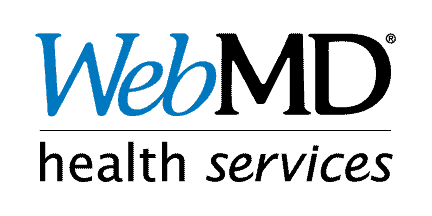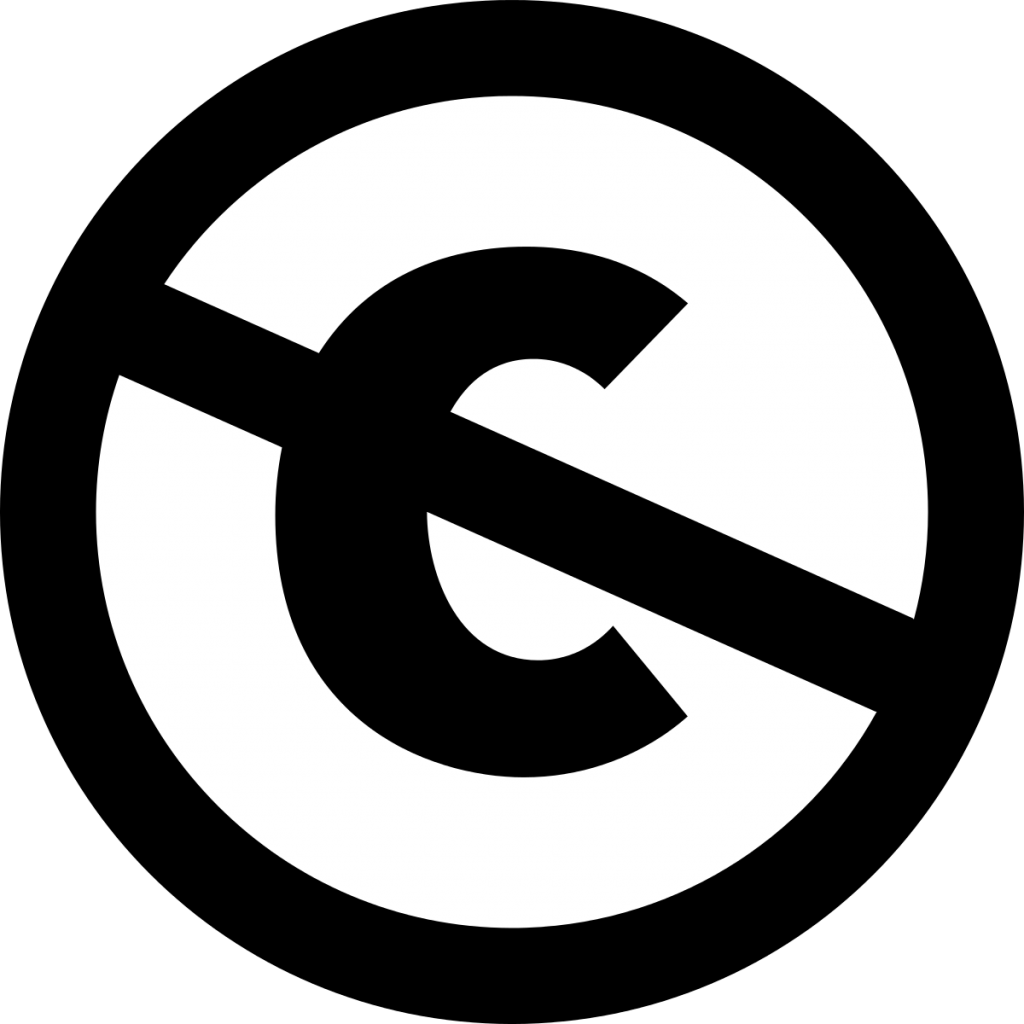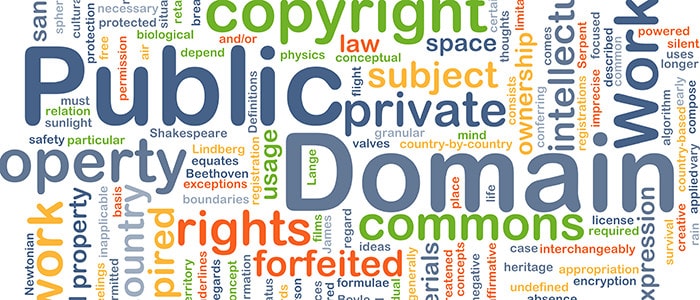When a friend called Monica Guadio to ask how she’s managed to get published in the magazine Cooks Source, she was taken aback; this was the first she’d heard of it. So she did a little investigating, and sure enough, there was her article, complete with her byline.
Confused, she contacted the editor, Judith Griggs, demanding an apology and requesting fair compensation in the form of a donation to the Colombia School of Journalism. In a post at her Livejournal blog, Guiado recounted the story, complete with a excerpt from the reply she received from Griggs.
Griggs mistakenly believed that, since the article in question was on the internet, it was public domain. This raised questions among the masses of an internet mob, who quickly discovered more blatant instances of copyright infringement. Articles and images from Cooks Source appeared to be lifted from many places, including Martha Stewart, The Food Network, Weight Watchers, WebMD, and NPR.

Griggs’ unauthorized use of such high-profile material lends credibility to the theory that she truly thought the articles and images she reprinted were free for her to use. This brings up important questions about public domain and copyrighted material. If Griggs thought all online material was fair game, how many others are also misinformed? How many authors are unaware that their work is being circulated for profit without their permission? And, perhaps most important of all, what exactly is public domain?
Public Domain Defined

Public domain is legally defined as any creative work for which the intellectual property rights (such as a copyright) has expired. Works in the public domain, including writing, images, and musical compositions, can be used or reproduced by anyone without the payment of royalties. The works of William Shakespeare, for instance, are public domain.
Public domain is not to be confused with a Creative Commons license. Work that is licensed under Creative Commons can be used and reprinted under a set of guidelines, including proper attribution of the work’s source, and creators retain copyright of their work. There are different types of Creative Commons licenses, which determine whether changes can be made to the work and whether it can be used for commercial purposes.
When Works Become Public Domain

Copyright laws have changed many times over the years. The period of time before a work passes into the public domain varies depending on which version of copyright laws were in effect at the time of the work’s original publication.
- Any works published before 1923 are no longer covered under copyright laws and are automatically in the public domain.
- Works published between 1923 and 1963 were initially copyrighted for a period of 28 years, with the option to renew the copyright for an additional 47 to 67 years. Any works published in this period for which the copyright was not renewed are now public domain.
- Works dated between 1964 and 1977 were also initially covered for a 28-year period, with an automatic renewal for an additional 67 years. Anything published between these dates is copyright protected for 95 years from the date of publication.
- In 1978, copyright laws changed to cover works for 70 years beyond the lifetime of the author.
For more details on when works pass into public domain, see this chart from the University of North Carolina.
How to Determine if a Work is Copyrighted
Before using any work created by someone else, it is important to determine whether or not it is covered by copyright laws. For works published after 1978, the U.S. Copyright Office keeps an online catalog of all registered copyrights and their expiration dates. For works published prior to 1978, copyright records are not available electronically, however you can request this information from the U.S. Copyright Office; information about this process is available through the agency’s website.


















